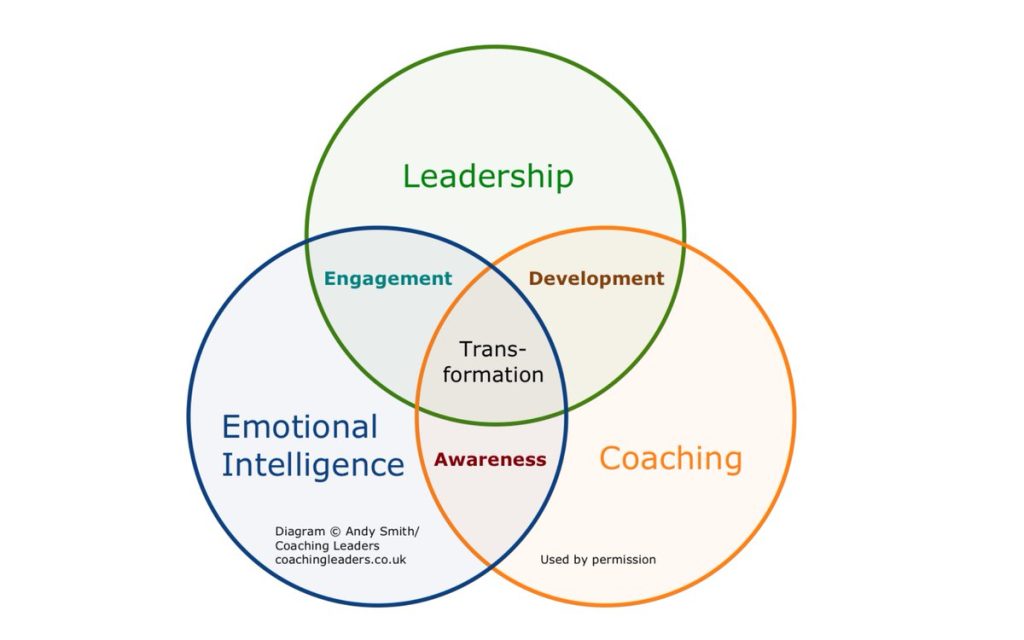
In the fast-evolving world of business, technical skills and strategic planning often take center stage. However, emotional intelligence (EQ) is emerging as an equally important trait for successful leadership. Defined as the ability to understand, manage, and influence emotions—both your own and those of others—EQ can shape how leaders build teams, resolve conflicts, and inspire innovation. Michael Shvartsman, a businessman fom New York, underscores the importance of emotional intelligence in leadership: “In today’s competitive environment, a leader’s ability to connect with their team emotionally can be the defining factor in achieving long-term success.”
Understanding Emotional Intelligence
Emotional intelligence is typically broken down into five components:
- Self-Awareness: Recognizing your own emotions and how they influence your decisions and interactions.
- Self-Regulation: The ability to control impulsive behaviors, think before acting, and adapt to changing circumstances.
- Motivation: A deep-seated drive to achieve goals and maintain a positive attitude, even in challenging times.
- Empathy: Understanding and sharing the feelings of others, which enhances communication and trust.
- Social Skills: Building relationships, managing conflicts, and fostering collaboration within a team.
Leaders who develop these skills often create environments where employees feel valued, motivated, and productive.
The Business Case for EQ.
Research has shown that leaders with high emotional intelligence often achieve better outcomes in areas such as employee retention, customer satisfaction, and profitability. For instance, an empathetic leader can diffuse tense situations, fostering a culture of collaboration instead of competition.
Michael Shvartsman explains, “A leader who practices empathy and self-awareness is better equipped to navigate complex situations, align their team around common goals, and create a positive work culture.”
Practical Ways to Enhance EQ.
Building emotional intelligence is an ongoing process. Here are some strategies for leaders to develop their EQ:
- Seek Feedback: Ask colleagues for input on your communication style and emotional responses. Constructive criticism can provide valuable insights.
- Practice Active Listening: Focus on truly understanding what others are saying, rather than planning your response while they are speaking.
- Develop Mindfulness: Engage in practices like meditation or journaling to enhance self-awareness and emotional control.
- Embrace Diverse Perspectives: Actively seek out viewpoints different from your own to build empathy and expand your understanding.
- Invest in Personal Development: Attend workshops or read books on leadership and emotional intelligence to continually grow in this area.
Emotional intelligence is not a “soft skill”. It’s a business strategy that can lead to stronger teams, better decision-making, and sustainable growth. By cultivating EQ, leaders can better navigate challenges, build resilient organizations, and inspire those they lead.

Michael Shvartsman concludes, “Leadership today is as much about emotional connection as it is about strategy. Emotional intelligence isn’t an added bonus—it’s a necessity for driving meaningful results.”
